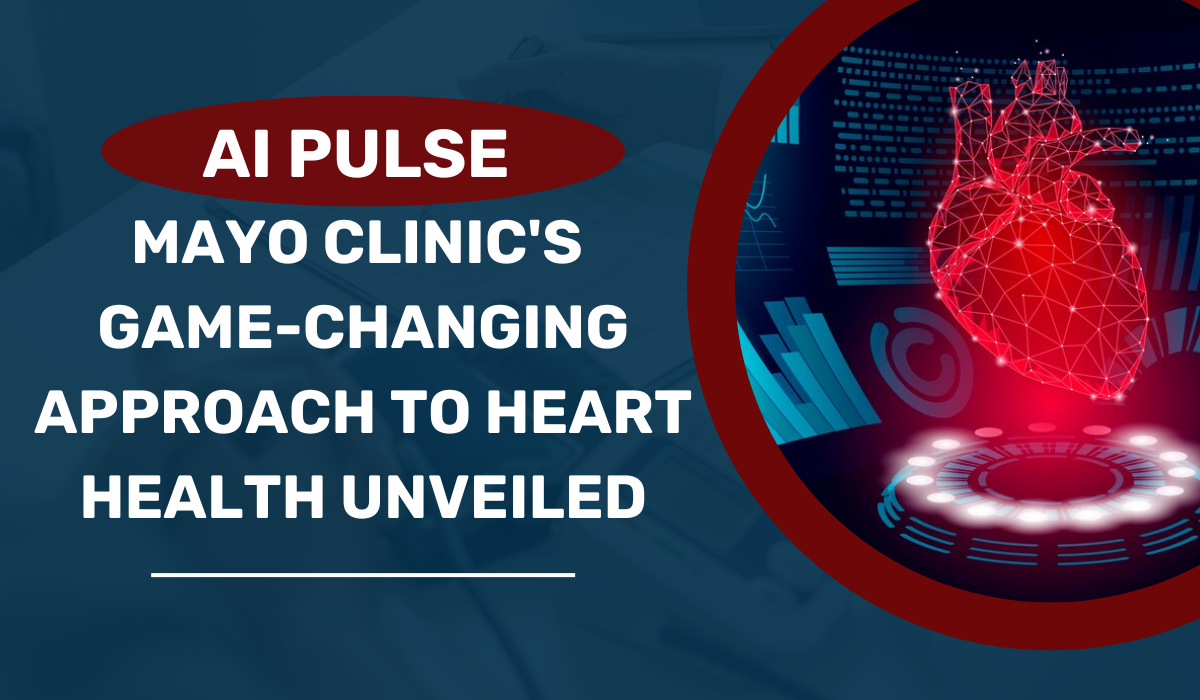
Heart disease, claiming one in five American lives, remains a leading cause of death. In a bid to combat this silent threat, the Mayo Clinic in Rochester, Minnesota, is harnessing the power of artificial intelligence (AI) to revolutionize the screening process for heart problems and potentially save lives. This shift in approach comes at a critical time, as recent tragedies, like the cardiac arrest-related death of 22-year-old Reed Ryan from the University of Minnesota-Duluth football team, underscore the urgent need for advanced detection methods.
In July, basketball legend LeBron James's son, Bronny James, experienced a cardiac arrest during a workout practice, shedding light on the vulnerability even young and seemingly healthy individuals face. At Mayo Clinic, Dr. Michael J. Ackerman and his team are at the forefront of utilizing AI to analyze electrocardiograms (ECGs) and identify over a dozen heart conditions that could lead to sudden cardiac arrest. This includes detecting subtle indicators like a weak heart pump, a precursor to potential heart failure.
Dr. Ackerman emphasizes that sudden cardiac arrest isn't exclusive to athletes, with 1,000-5,000 people aged 1-35 succumbing to it annually. The shortage of cardiologists compounds the challenge, with AI emerging as a crucial tool to address this gap. The technology streamlines the screening process, dismissing the majority of cases while flagging those at risk, significantly enhancing efficiency in detecting potential heart issues.
Mayo Clinic's AI advancements extend beyond ECG analysis. Collaborating with AliveCor Inc., they developed the KardiaMobile 6L EKG device, recently FDA-approved for detecting long QT syndrome, a significant stride in preventative care. AI is also integrated into Apple Watch to identify a weak heart pump, showcasing the diverse applications of this technology.
While businesses like Viz.ai receive FDA approval for AI detection algorithms, researchers and doctors globally are racing to utilize AI to detect heart failure early, potentially reducing hospitalizations. Dr. Ackerman sees these AI solutions as transformative, revolutionizing the landscape of heart condition screening and prevention. Although the technology is approximately three years away from widespread FDA approval, Mayo Clinic's pioneering efforts underscore the immense potential AI holds in reshaping the future of heart health.